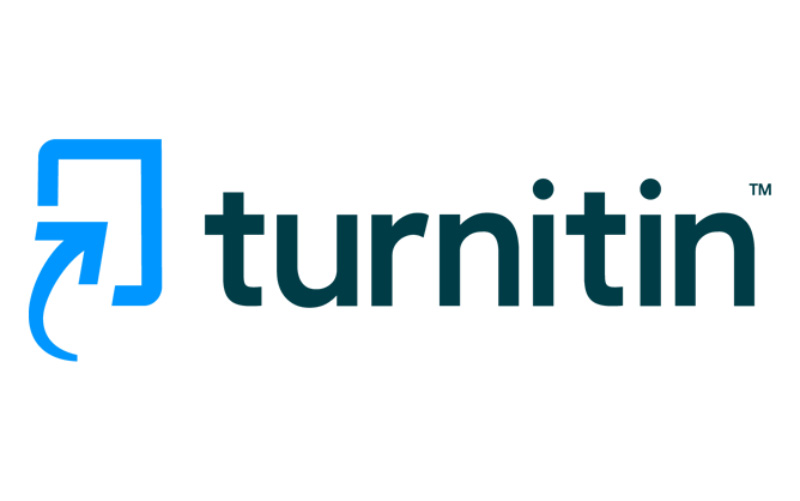THE ROLE OF GOVERNMENT IN IMPROVING EDUCATIONAL FACILITIES
Abstract
Education is the cornerstone of any thriving society, and its quality directly impacts a nation's economic, social, and cultural growth. As such, the government plays a pivotal role in shaping and improving educational facilities, ensuring that all citizens have access to quality education. The role of the government in enhancing educational infrastructure can be explored from various angles, including policy-making, funding, governance, and the development of physical and technological resources. This article examines how governments can improve educational facilities and why their involvement is crucial to fostering an equitable and dynamic educational system. Education plays a crucial role in shaping a nation’s future, and the government is central in ensuring that all citizens have access to quality education. One of the main ways this is achieved is through the establishment and maintenance of educational facilities. In this article, we’ll explore the various roles the government plays in the development, funding, and management of educational infrastructure.
References
Hurlock, E. B. (1978). Child psychology. Tokyo: McGraw-Hill Publishing Company, Ltd.
Spring, J. (2000). The universal right to education: Justification, definition, and guidelines. Routledge.
McCowan, T. (2011). Human rights, capabilities and the normative basis of ‘Education for All’. Theory and Research in Education, 9(3), 283-298.
Roser, M., & Ortiz-Ospina, E. (2023). Literacy. Our world in data.
Vaismoradi, M., Turunen, H., & Bondas, T. (2013). Content analysis and thematic analysis: Implications for conducting a qualitative descriptive study. Nursing & health sciences, 15(3), 398-405.
Hu, H. M. (2024). A qualitative study on why older adults may be reluctant to participate in learning activities. Journal of Adult and Continuing Education, 30(1), 39-55.
McCowan, T. (2011). Human rights, capabilities, and the normative basis of ‘Education for All’. Theory and Research in Education, 9(3), 283-298.
Ministry of Education, Uzbekistan (2023). Official website.
Roser, M., & Ortiz-Ospina, E. (2023). Literacy. Our World in Data.
Spring, J. (2000). The universal right to education: Justification, definition, and guidelines. Routledge.
Vaismoradi, M., Turunen, H., & Bondas, T. (2013). Content analysis and thematic analysis: Implications for conducting a qualitative descriptive study. Nursing & Health Sciences, 15(3), 398-405.
Copyright (c) 2025 Karimov Islombek

This work is licensed under a Creative Commons Attribution-NonCommercial 4.0 International License.
Authors whose manuscript is published will approve the following provisions:
-
The right to publication of all journal material published on the WIDYA PUBLIKA journal website is held by the editorial board with the author's knowledge (moral rights remain the property of the author).
-
The formal legal provisions for access to digital articles of this electronic journal are subject to the terms of the Creative Commons Attribution-ShareAlike (CC BY-SA) license, which means Jurnal of WIDYA PUBLIKA reserves the right to store, modify the format, administer in the database, maintain and publish articles without requesting permission from the Author as long as it keeps the Author's name as the owner of Copyright.
-
Printed and electronically published manuscripts are open access for educational, research, and library purposes. In addition to these objectives, the editorial board shall not be liable for violations of copyright law.












